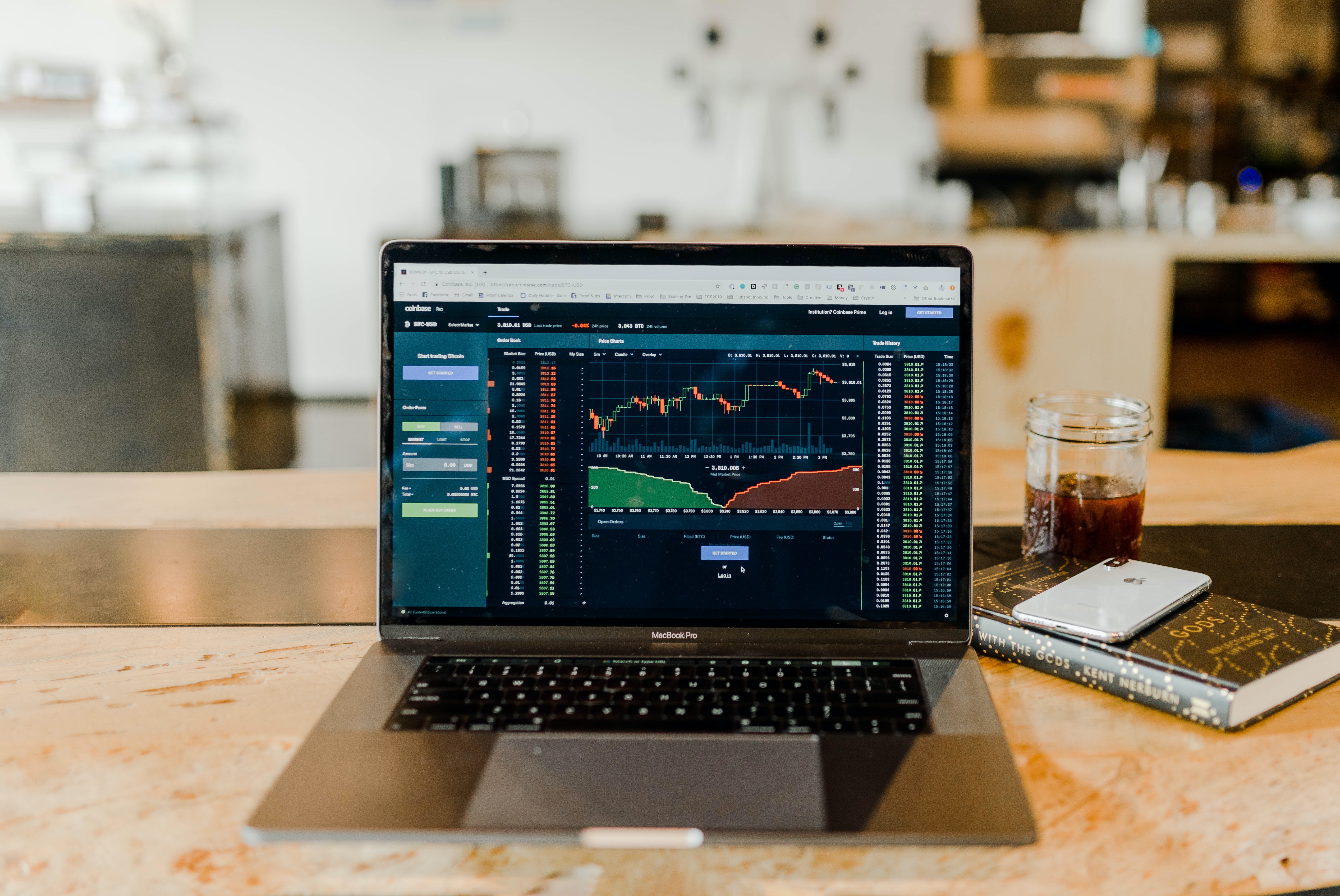The gilded halls of private equity, long shimmering with promises of outsized returns, are facing a harsh reality check. Whispers of doubt are creeping into the boardrooms, fueled by a confluence of factors: a volatile market, rising interest rates, and a growing skepticism about the industry's ability to deliver on its ambitious claims. Let's dissect this simmering unease and explore what it means for both investors and the future of private equity.
The Current State of Private Equity
The private equity (PE) market has witnessed significant growth over the past decade. This expansion can be attributed to several factors:
- Increased Capital Inflows: There has been a surge in capital inflows into the PE sector, driven by institutional investors like pension funds and sovereign wealth funds. These investors are seeking higher returns compared to traditional investments.
- Global Expansion: PE firms have expanded globally, diversifying their investment portfolios across different regions and industries.
- Technological Advancements: The rise of technology-driven sectors has opened new opportunities for PE investments, particularly in areas like fintech, healthtech, and greentech.
- Leveraged Buyouts and Mergers & Acquisitions: An increase in leveraged buyouts (LBOs) and strategic mergers and acquisitions (M&As) has boosted the size and scope of PE transactions.
- Regulatory Changes: Some regions have seen regulatory changes that have made it more conducive for PE investments.
- ESG Integration: Environmental, Social, and Governance (ESG) factors are becoming integral to investment decisions, reflecting a broader shift towards responsible investing.
The private equity market has grown significantly over the past decade, driven by global expansion, technological advancements, and increased capital inflows. However, economic uncertainties are leading to a more cautious approach among investors, with an emphasis on risk management, sector diversification, and ESG integration.
Factors Contributing to Investor's Doubts
The private equity (PE) market, like other investment sectors, is sensitive to broader economic and geopolitical factors. These elements contribute significantly to market volatility, impacting investor sentiment:
- Global Economic Fluctuations: Economic downturns, inflationary pressures, and interest rate hikes can lead to market instability, affecting PE investment returns and exit strategies.
- Geopolitical Tensions: Conflicts, trade wars, and political instability in key markets can disrupt global supply chains and investment flows, thereby impacting the PE sector.
- Currency Volatility: Fluctuations in currency values can affect cross-border investments and the relative value of returns for international investors in PE funds.
- Pandemic Aftereffects: The ongoing effects of the COVID-19 pandemic, such as disrupted labor markets and supply chains, continue to create uncertainty in certain sectors and regions.
The Reality of Return Expectations
Analysis of Historical PE Returns Versus Current Expectations
The private equity (PE) market has historically offered attractive returns compared to other asset classes. However, current expectations need to be calibrated against this historical performance:
- Historical Performance: Historically, PE investments have delivered high returns, often outperforming public markets, particularly during bull markets and periods of economic growth.
- Current Expectations: Given the current market environment, characterized by high valuations and increased competition, return expectations might need to be moderated. Investors are now more cautious, looking for realistic returns rather than the exceptionally high yields seen in the past.
- Market Cycles: PE returns are cyclical and highly dependent on market conditions at the time of investment and exit. The current economic landscape might not be as favorable as in previous cycles, impacting potential returns.
How Overvaluation and Market Saturation are Affecting Potential Returns
The current state of the PE market is marked by overvaluation and market saturation, which have implications for returns:
- Overvaluation Concerns: With more capital chasing a limited number of deals, valuations have risen, particularly for high-quality assets. Overpaying for assets can erode potential returns, especially if growth projections are not met.
- Market Saturation: The increased number of PE firms and funds has led to a saturation in some markets and sectors. This saturation makes it harder to find undervalued or unique investment opportunities, potentially leading to lower returns.
- Exit Challenges: High valuations at entry can make it challenging to achieve profitable exits, particularly in a market downturn or if the economic climate becomes less favorable.
The Role of Due Diligence in the Current PE Investment Climate
In the current market environment, due diligence plays a critical role in investment decisions:
- Risk Assessment: Thorough due diligence helps in better understanding and mitigating the risks associated with an investment, including market, operational, and regulatory risks.
- Realistic Valuation: Effective due diligence can lead to more realistic valuations of potential investments, ensuring that funds are not overpaying for assets.
- Identifying Opportunities: A detailed analysis can uncover hidden opportunities or underappreciated aspects of a business that could yield substantial returns.
- ESG Factors: Increasingly, due diligence includes the assessment of Environmental, Social, and Governance (ESG) factors, which are becoming critical in determining the long-term sustainability and ethical impact of an investment.
While historical PE returns have been strong, current market conditions such as overvaluation, market saturation, and economic uncertainties necessitate a recalibration of return expectations. Investors need to conduct thorough due diligence to navigate these challenges effectively and to identify investments that offer realistic and sustainable returns in the current climate.
Reality Check
The era of easy money and inflated expectations is over for private equity. The industry is facing a reality check, driven by market forces, rising costs, and investor skepticism. To thrive in this new landscape, both investors and firms need to embrace adaptation, transparency, and a focus on value creation. While the future of private equity remains uncertain, those who navigate these challenges with prudence and a renewed commitment to investor trust have the potential to emerge stronger.
You may also be interested in: Resources | Zive - Fund Admin for Emerging Managers
Get A Demo and experience Zive in action with a complimentary, no-obligation session tailored to your business needs.







